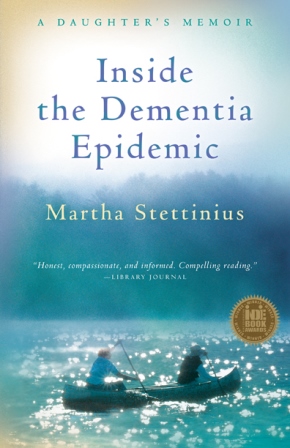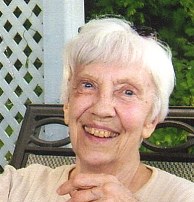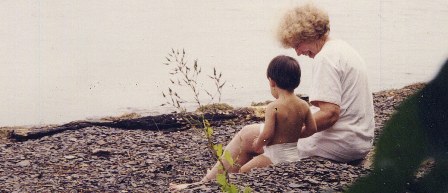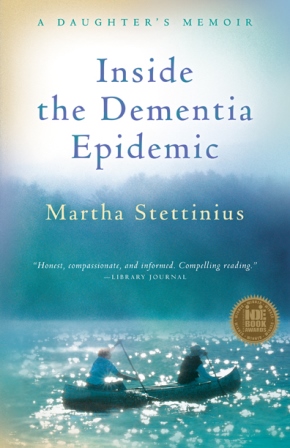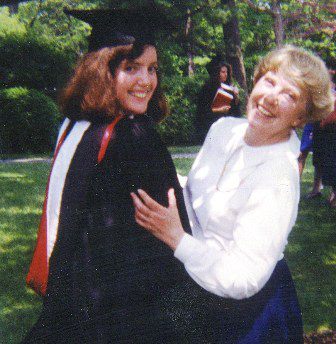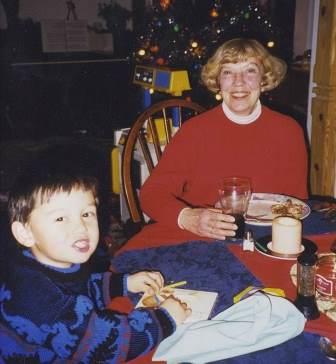Driving and Dementia: 11 Steps to Take if a Person Should No Longer Drive
 Saturday, March 22, 2014 at 11:38AM
Saturday, March 22, 2014 at 11:38AM 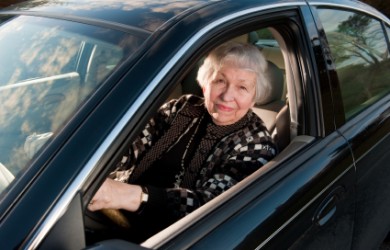 Do you have a family member or friend with early-stage Alzheimer's disease or another dementia who is showing signs of losing their ability to drive safely? This is one of the most challenging issues to deal with, whether we are living with dementia ourselves or are a care partner for a person with dementia.
Do you have a family member or friend with early-stage Alzheimer's disease or another dementia who is showing signs of losing their ability to drive safely? This is one of the most challenging issues to deal with, whether we are living with dementia ourselves or are a care partner for a person with dementia.
Two weeks ago I posted the first article in a two-part series on driving and dementia, "5 Important Questions to Ask Yourself" if you are concerned about a person's driving but are not sure they have reached a point where they should give up the keys. That post also included tips on how to talk with the person with dementia about the issue over time, and to try to make the decision together, if possible.
My post this week on caregivers.com, "Senior Caregiving: 11 Steps to Keep an Unsafe Driver off the Road," outlines further steps you can take to either
a) persuade a person to retire from driving, or
b) make sure that they no longer have access to the wheel.
Read "11 Steps to Keep an Unsafe Driver off the Road" here.
 Alzheimer's,
Alzheimer's,  dementia,
dementia,  driving,
driving,  senior in
senior in  Driving and dementia
Driving and dementia 




